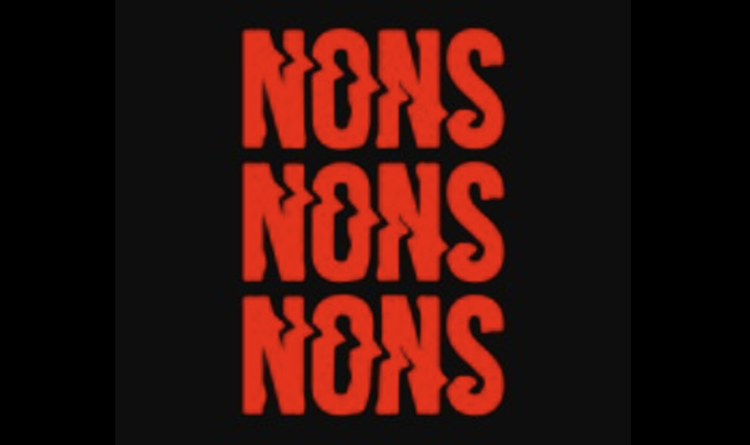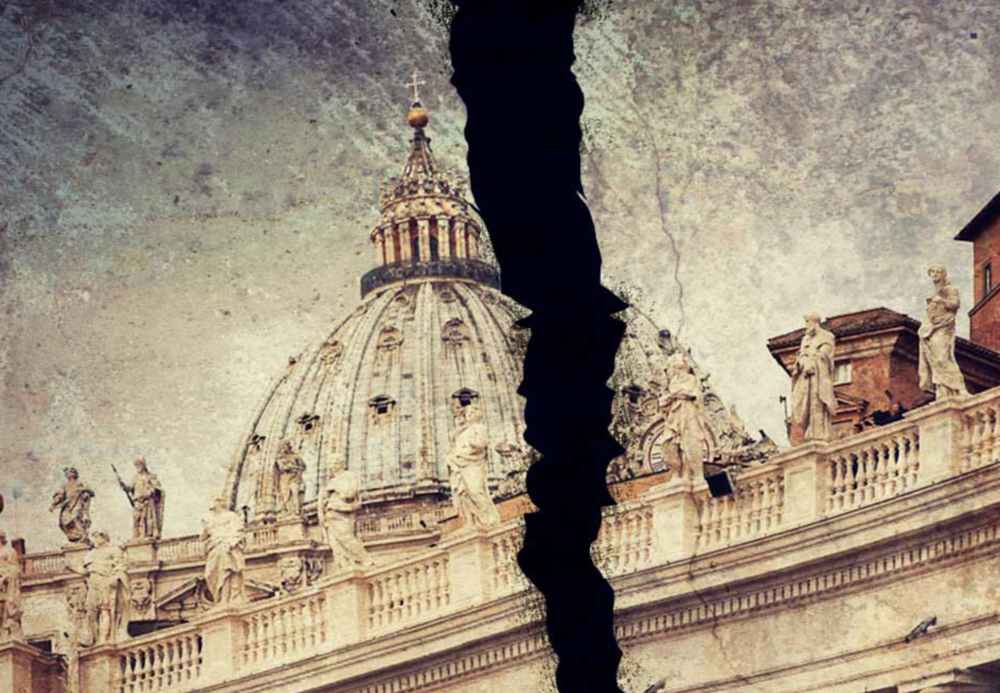QUESTION:
If God is good, why do animals suffer?”
THE RELIGION GUY’S ANSWER:
This question was the sub-headline for a recent cover story in Christianity Today magazine (“Why Does Creation Groan?”) by Calvin University theologian John R. Schneider. It’s a twist on the age-old problem defined as follows by the eminent Christian intellectual C.S. Lewis in his best-selling classic “The Problem of Pain”:
“If God were good, He would wish to make His creatures perfectly happy, and if God were almighty He would be able to do what He wished. But the creatures are not happy. Therefore God lacks either goodness, or power, or both.”
Early in the COVID-19 scourge, The Religion Guy attempted to scan the current discussions in a field known technically as “theodicy” — as here. The issue is as ancient as the Bible’s poetic masterpiece from thousands of years ago, the Book of Job, which provides no snappy formulas to answer these mysteries.
Regarding humanity and its problems, theologians have blamed evils on humans’ free will that necessarily allows dire events to occur, and/or on Satan and demonic minions. However, the scale and depth of, for instance, the mass extermination of the Nazi Holocaust raised the persistent but unanswerable question in both Jewish and Christian circles of why God did not miraculously intervene.
Writing just prior to that and other World War II atrocities, and his own battle wounds from World War I, Lewis advised us to be careful in thinking about God as “all-powerful” because He obviously cannot do things that by their nature are impossible to do. Along similar lines, leading contemporary philosopher Alvin Plantinga at the University of Notre Dame proposed that we cannot logically conceive of any possible universe where the Creator allows human free will to operate and at the same time our existence lacks all sin and consequently all suffering.










